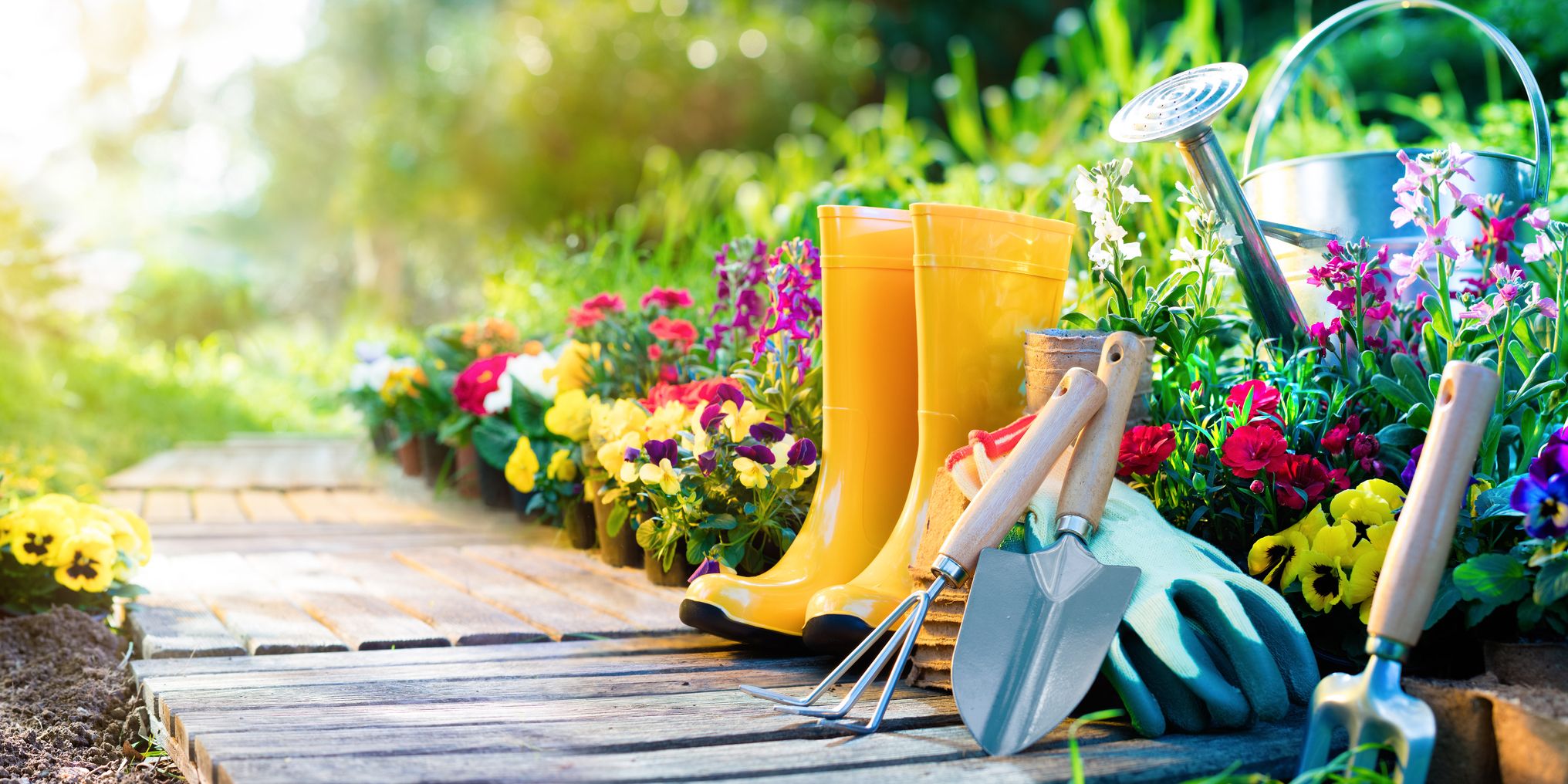Seasonal Gardening Tips: What to Plant and When for Best Outcomes
Seasonal Gardening Tips: What to Plant and When for Best Outcomes
Blog Article
Opening the Advantages of Horticulture: A Detailed Appearance at the Various Kinds and Their Influence on Wellness
Discovering the multifaceted advantages of horticulture reveals a spectrum of techniques that significantly improve individual well-being. As we check out these varied horticulture strategies, it comes to be noticeable that their impact can resonate on individual, social, and ecological levels, triggering a more detailed look at how these connections create a natural narrative of alternative health.
Sorts Of Gardening
Flower gardening, another preferred classification, emphasizes the visual allure of cultivated flowers. This kind can enhance landscapes and advertise biodiversity by attracting useful pollinators. Natural herb gardening involves expanding aromatic and cooking plants, adding both to food preparation and all-natural remedies.
Container gardening offers adaptability, enabling people with restricted space to participate in horticulture by using pots and planters. This method is especially preferred in city settings. Elevated bed gardening, on the various other hand, includes creating raised plots that improve soil water drainage and ease of access, making it simpler for gardeners to manage their plants.
Finally, neighborhood gardening cultivates partnership amongst people in common spaces, promoting social interaction and cumulative responsibility. Each kind of horticulture offers unique functions and satisfies various choices, making horticulture a flexible task that can be tailored to private requirements and settings.
Mental Wellness Advantages
Participating in different types of gardening not only generates concrete rewards such as fresh produce and attractive blossoms yet also uses considerable mental health advantages. Research indicates that gardening can be a powerful device for lowering tension, anxiety, and anxiety. The act of having a tendency to plants and cultivating a garden cultivates a feeling of function and success, which can enhance general emotional wellness.
Moreover, horticulture motivates mindfulness, as it calls for people to focus on the existing moment, whether it be growing seeds or nurturing development. This mindfulness practice can lead to lowered rumination and enhanced state of mind stability. The exposure to native environments throughout gardening has additionally been linked to improved cognitive operating and reduced sensations of tiredness.
Social interaction plays a vital duty in psychological wellness, and community gardening efforts provide chances for people to connect with others, promoting a sense of belonging. The common experience of horticulture can grow friendships and assistance networks, further bolstering psychological strength.
Physical Wellness Benefits
Numerous individuals might not understand that gardening likewise gives considerable physical health and wellness advantages. Participating in horticulture activities requires a variety of physical movements, consisting of bending, training, digging, and planting, which jointly add to improved strength, flexibility, and endurance. These actions can enhance cardio wellness by advertising a raised heart price, consequently minimizing the danger of heart problem.
Moreover, gardening can function as a moderate-intensity exercise, helping individuals accomplish recommended exercise levels. Research studies indicate that routine participation in gardening can melt considerable calories-- roughly 200-400 calories per hour, relying on the intensity of the jobs executed. Such calorie expenditure is helpful for weight monitoring and overall metabolic wellness.
Furthermore, direct exposure to sunlight throughout horticulture can assist in the synthesis of vitamin D, which plays a necessary function in preserving bone health and wellness and sustaining immune feature. The act of gardening usually involves functioning with dirt, which has actually been connected to prospective psychological and physical wellness benefits due to the existence of advantageous microbes.
Social Links Via Horticulture
The public aspects of gardening foster meaningful social links amongst people. Neighborhood gardens, particularly, function as lively centers where people from diverse histories integrated, cultivating not just plants but additionally relationships. These common areas encourage partnership, permitting individuals to trade knowledge, skills, and sources, thus improving their horticulture experience great post to read and promoting a sense of belonging.
Engagement in gardening activities often brings about the development of relationships and assistance networks. Individuals often join for usual goals, such as planting periods, harvest events, Home Page or educational workshops, which enhance social ties and create a feeling of neighborhood. Such interactions can reduce feelings of seclusion and improve psychological wellness, as individuals locate friendship and friendship in common endeavors.

Environmental Influence of Gardening
Gardening considerably adds to environmental sustainability in several ways. Among the most noteworthy benefits is the improvement of biodiversity. Home yards provide crucial environments for different species, including pollinators such as bees and butterflies, which are essential for community health and wellness. By cultivating varied plant types, garden enthusiasts can develop a balanced setting that sustains both vegetation and fauna.
Furthermore, gardens play a critical duty in water conservation. Well-planned landscapes, including indigenous plants and xeriscaping, reduce water usage and stop drainage, therefore securing neighborhood rivers from pollution.
Final Thought

In verdict, gardening functions as a multifaceted activity that enhances wellness throughout numerous domain names. The diverse types of gardening-- including vegetable, flower, natural herb, container, and increased bed-- add to psychological and physical health, foster social links, and advertise ecological sustainability. By taking part in horticulture techniques, individuals can experience better website link quality of life while likewise sustaining community bonds and ecological health. Ultimately, the alternative benefits of gardening underscore its importance as an important component in improving total wellness.
Report this page